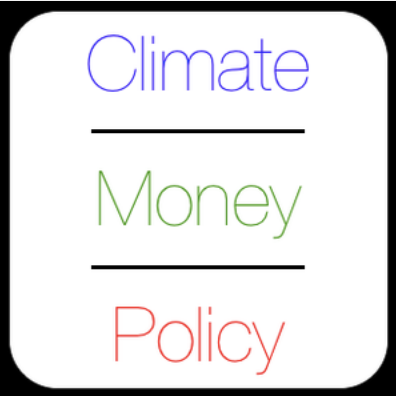The IPCC Process and Why Business Should Trust It.
/A host of excellent sources exist for reports on climate change, its current impacts, and likely future scenarios it will cause. Authorship ranges from the academic world to reporting bodies, finance professionals to non-profits. Virtually all of these reports, to a greater or lesser degree, cite the Intergovernmental Panel on Climate Change (IPCC) as a source text for their findings and predictions. So authoritative are the IPCC's reports that it makes sense to explain how they arrive at their conclusions and lay out for the business community why the IPCC is so trustworthy.
Read More
















